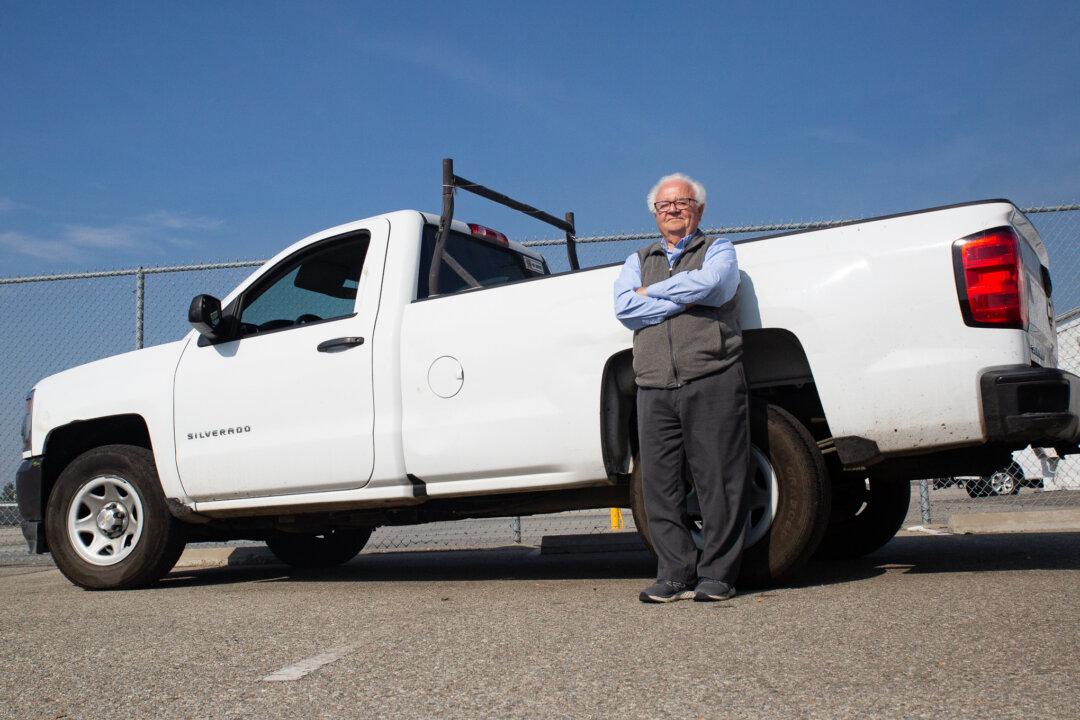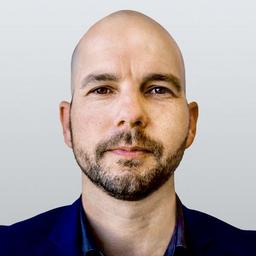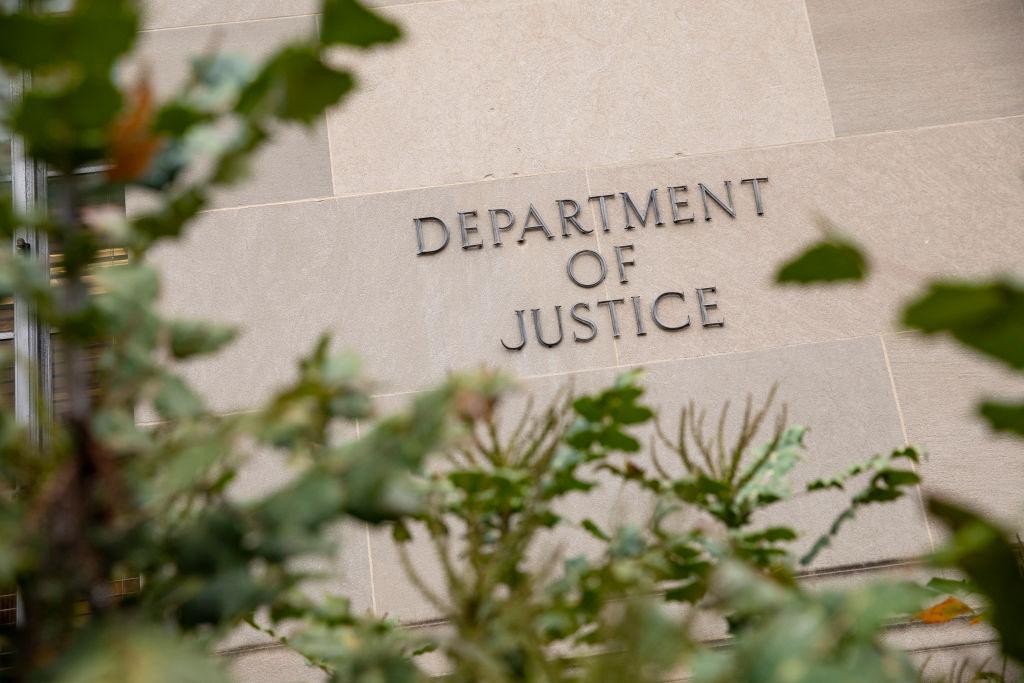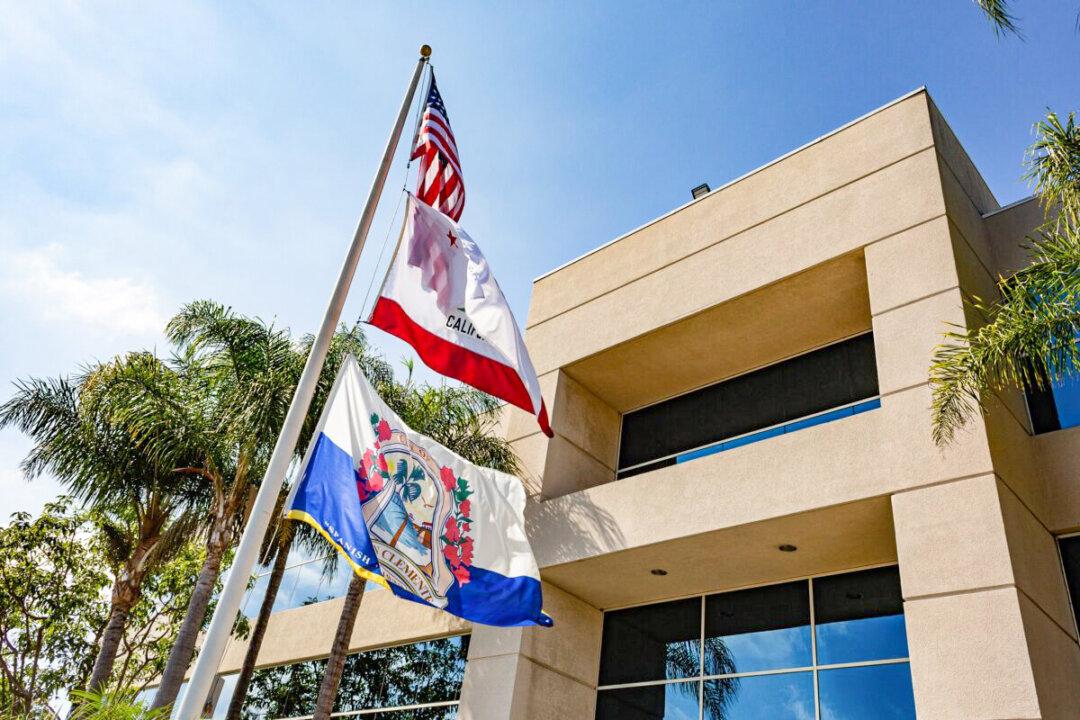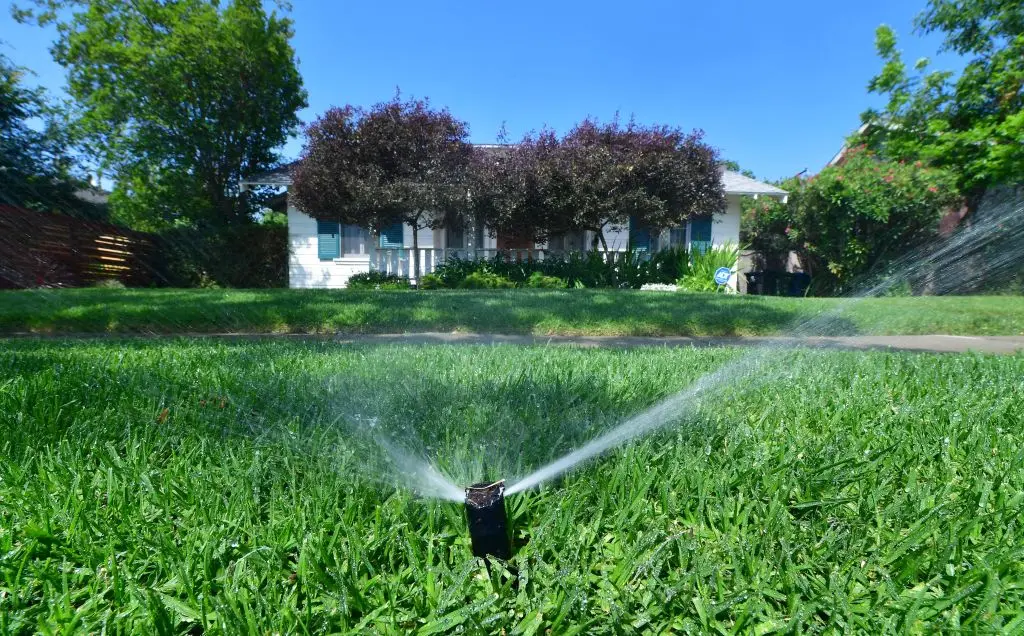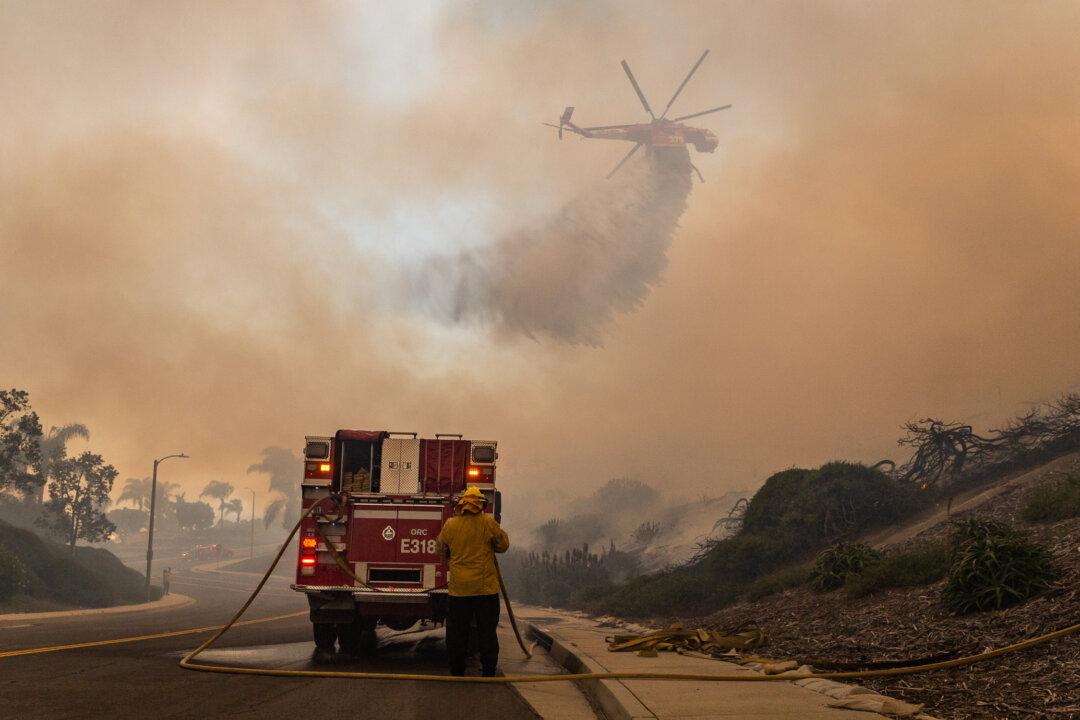FULLERTON, Calif.—Inside Wings Café, an American aviation diner at the Fullerton Airport filled with vintage World War II décor, Matt Hunyadi, 81, recalls stories his parents and older siblings told him about their escape from Germany in 1945.
Before the war ended, he and his family, forced by the Nazis, rode in the Holocaust trains with other refugees and were used as shields to protect the Germans from American warplanes attacking the locomotive.
